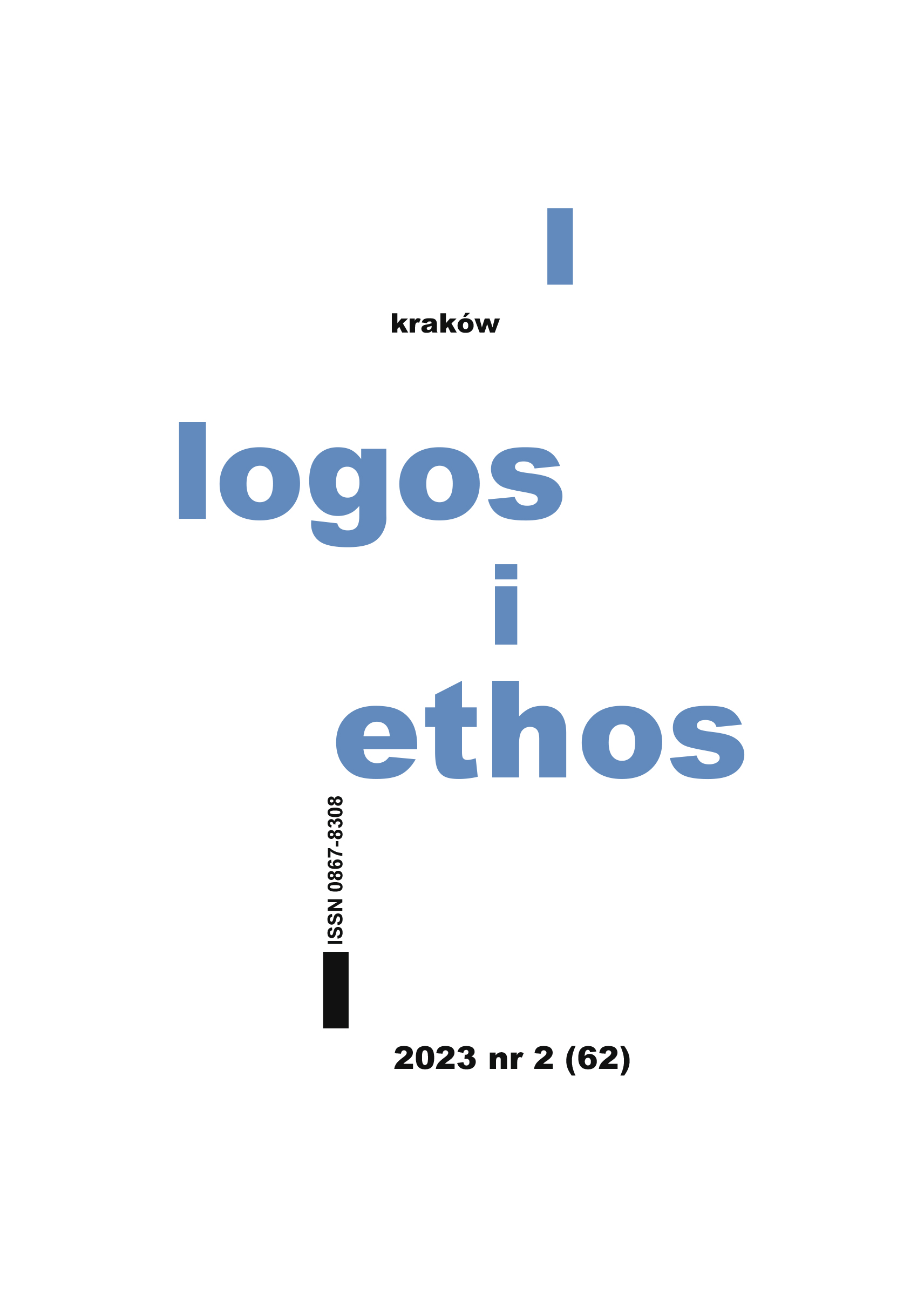Back to sensuality itself. Jocelyn Benoist’s anti-phenomenological turn?
DOI:
https://doi.org/10.15633/lie.62207Keywords:
phenomenology, Jocelyn Benoist, aesthetics, poetics, sensualityAbstract
The article presents Jocelyn Benoist’s criticism of phenomenology as an epistemological project that reduces sensuality to a tool of reference to meaning, and his proposal to supplement phenomenology with an ontology of perception that does justice to sensuality itself. Following the philosopher, the parallels between formal and material phenomenology and modern aesthetics and poetics as a practice that reveals sensuality are drawn. The phenomenology of sound and the discussion of the avant-garde revolution in music (atonality, microtonality, concrete music) point to the limitations of modern aesthetics and illustrate possible directions for the development of a phenomenology of sensuality.
References
Anscombe G. E. M., An Introduction to Wittgenstein’s Tractatus, New York 1965.
Benoist J., L’adresse du réel, Paris 2017.
Benoist J., Le bruit du sensible, Paris 2013.
Kant I., Critique of judgment, transl. W. S. Pluhar, Indianapolis 1987.
Lévinas E., Paroles et silence, in: E. Lévinas, Oeuvres, vol. 2, Paris 2009.
Merleau-Ponty M., The visible and the invisible. Followed by working notes, ed. C. Lefort, transl. A. Lingis, Evanston 1968.
Merleau-Ponty M., The world of perception, transl. O. Davis, London–New York 2004.
Nietzsche F. W., On the Genealogy of Morals, transl. D. Smith, Oxford 1996.
Rousseau J. J., Essay on the Origin of Languages, in: Essay on the Origin of Languages and Writings Related to Music, transl. J. T. Scott, Hanover 1998, p. 289–332.
Schönberg A., Theory of harmony, transl. R. E. Carter, Berkeley 1978.
Travis C., The Silence of the Senses, “Mind” 113 (2004) no. 449, p. 57–94.
Downloads
Published
Issue
Section
License

This work is licensed under a Creative Commons Attribution 4.0 International License.
The following rules apply to copyright:
1. The author declares that he or she has full copyright to the work, and such copyright it is not limited to the extent applicable to this declaration, that the article is an original work and that it does not infringe any third-party rights.
2. The author agrees to a free-of-charge, non-exclusive and non-restricted use of the work by Pontifical University of John Paul II in Krakow i.e.:
- to record and duplicate: make copies of the work by means of printing, reprography, magnetic or digital storage;
- to circulate the original or the copies of the work (disseminate, lend or lease the original or copies thereof, publicly display, screen or make the work publicly available so that everyone is able to access it at the time and in place they wish to do so);
- to include the work in a compilation;
- the Pontifical University of John Paul II in Krakow may grant sublicenses Creative Commons Acknowledgement of authorship-Non-commercial use-Without derivative work 3.0 Poland
- the author and the title of the work will be listed,
- the place of publication (name of the periodical and an Internet link to the originally published work),
- the work will be distributed in a non-commercial way,
- no derivative works will be created.
The UPJPII Press does not waive any of its copyrights to any target group.
If you want to publish the text in Logos and Ethos, you must sign the license. However, the signing takes place at a later stage of publishing. Check the license: [license_en.pdf]

